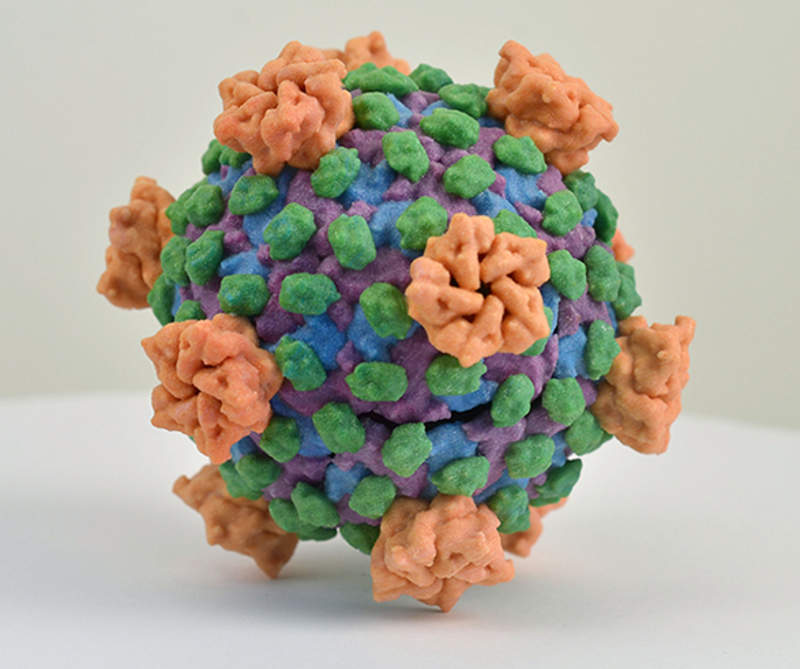
A study conducted by the Institute of Cancer Research and the University of Leeds in the UK showed that a type of naturally occurring virus called reovirus administered directly into the bloodstream could potentially treat aggressive brain tumours.
The virus, which is known to cause mild cold and stomach bug symptoms in children, was found to cross the blood-brain barrier to replicate and destroy the tumour cells, leaving healthy cells alone.

Discover B2B Marketing That Performs
Combine business intelligence and editorial excellence to reach engaged professionals across 36 leading media platforms.
It was found to have boosted the body’s defence systems in humans, and enhanced the effectiveness of existing immune therapy drugs in mice.
The researchers assessed the therapy in nine patients with brain cancers or other types of cancer that reached the brain from different parts of the body.
Analysis showed that the reovirus had successfully reached the cancer in all patients, who reported only mild flu-like side effects.
Leeds Institute of Cancer and Pathology co-author and medical oncologist Dr Adel Samson said: “This is the first time that it has been shown that a therapeutic virus is able to pass through the brain-blood barrier, and that opens up the possibility that this type of immunotherapy could be used to treat more people with aggressive brain cancers.

US Tariffs are shifting - will you react or anticipate?
Don’t let policy changes catch you off guard. Stay proactive with real-time data and expert analysis.
By GlobalData“This study was about showing that a virus could be delivered to a tumour in the brain.
“Not only was it able to reach its target, but there were signs it stimulated the body’s own immune defences to attack the cancer.”
The researchers believe that reovirus therapy could boost the potency of other cancer therapies.
The virus therapy is currently being evaluated in a clinical trial in combination with radiotherapy and chemotherapy after surgery.




